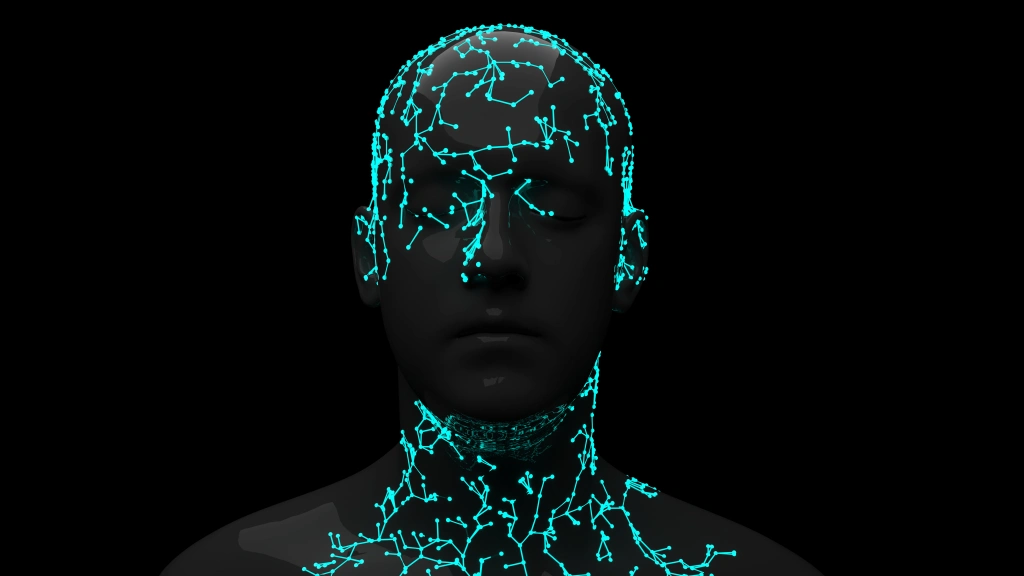Reports said the actor died after surgery to look Korean. Was he AI?
The rapid development of technology has brought numerous benefits to society, including advancements in medical treatment and increased access to information. However, there is a growing concern that this same technology can also be used for malicious purposes. A recent incident in South Korea has raised questions about the role of artificial intelligence (AI) in perpetuating hoaxes and spreading misinformation.
The incident in question involves the alleged death of a man after undergoing surgery. The man was a fan of the popular South Korean boy band BTS, and rumours began to circulate that his death was a hoax orchestrated by AI technology. The theory suggests that the man's death was used as a way to draw attention to BTS member Jimin, who is known for his social media presence and influence.
The theory is based on the fact that shortly after the man's alleged death, Jimin posted a message on his social media accounts expressing his condolences and asking fans to stay safe. This message was followed by a surge in social media activity related to the incident, with many fans expressing their grief and condolences.
While there is no concrete evidence to support the theory that the man's death was a hoax orchestrated by AI technology, the incident has raised valid concerns about the potential for AI to be used for nefarious purposes. AI algorithms are capable of generating convincing images, videos and even text that can be used to manipulate public opinion. This has led to a rise in the spread of fake news and misinformation, as well as the use of AI for social media manipulation and propaganda.
The potential for AI to be used in this way is a cause for concern, as it could have serious consequences for individuals and society as a whole. The spread of fake news and misinformation can lead to social unrest and political instability, while the use of AI for propaganda and manipulation could undermine democratic institutions and processes.
To address these concerns, it is important to take a cautious approach to the development and use of AI technology. This means ensuring that AI is being used ethically and responsibly, and that its potential for harm is being carefully monitored and mitigated. It also means investing in education and awareness-raising efforts to help people understand the risks and potential consequences of AI-driven misinformation and manipulation.
In addition to these measures, there is a need for greater collaboration between technology companies, governments and civil society organisations to develop and implement effective solutions to combat AI-driven misinformation and propaganda. This could include the development of AI-based tools to detect and counter fake news, as well as the promotion of media literacy and critical thinking skills to help people better navigate the complex and rapidly changing digital landscape.
Ultimately, the incident in South Korea serves as a stark reminder of the potential dangers and ethical concerns surrounding the use of AI technology. While AI has the potential to be a powerful tool for good, it is important to approach its use with caution and to ensure that it is being used in ways that benefit society as a whole. By taking a proactive and collaborative approach to addressing these challenges, we can help to ensure that the benefits of AI are realised while minimising the risks and potential harms.
AI Catalog's chief editor










